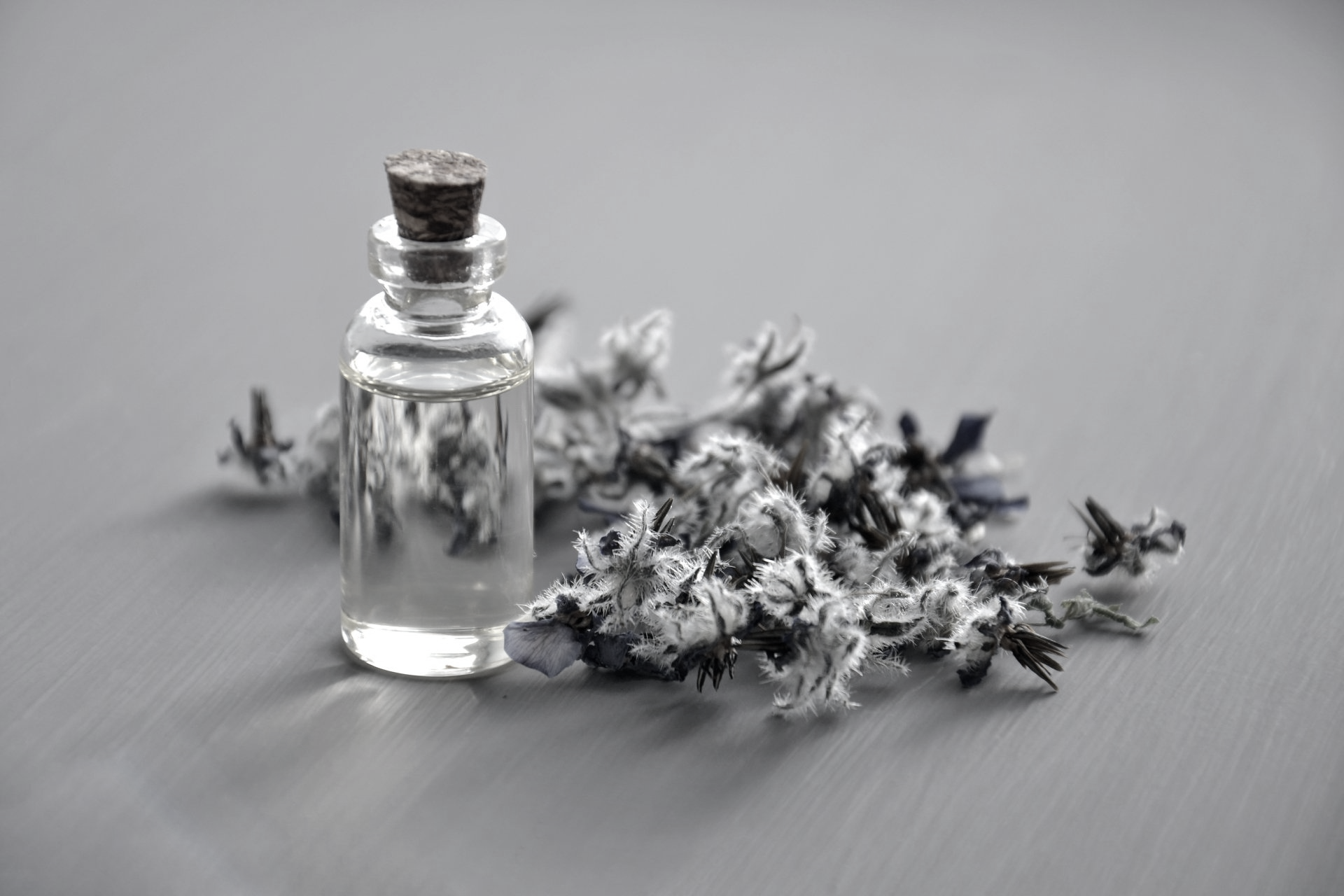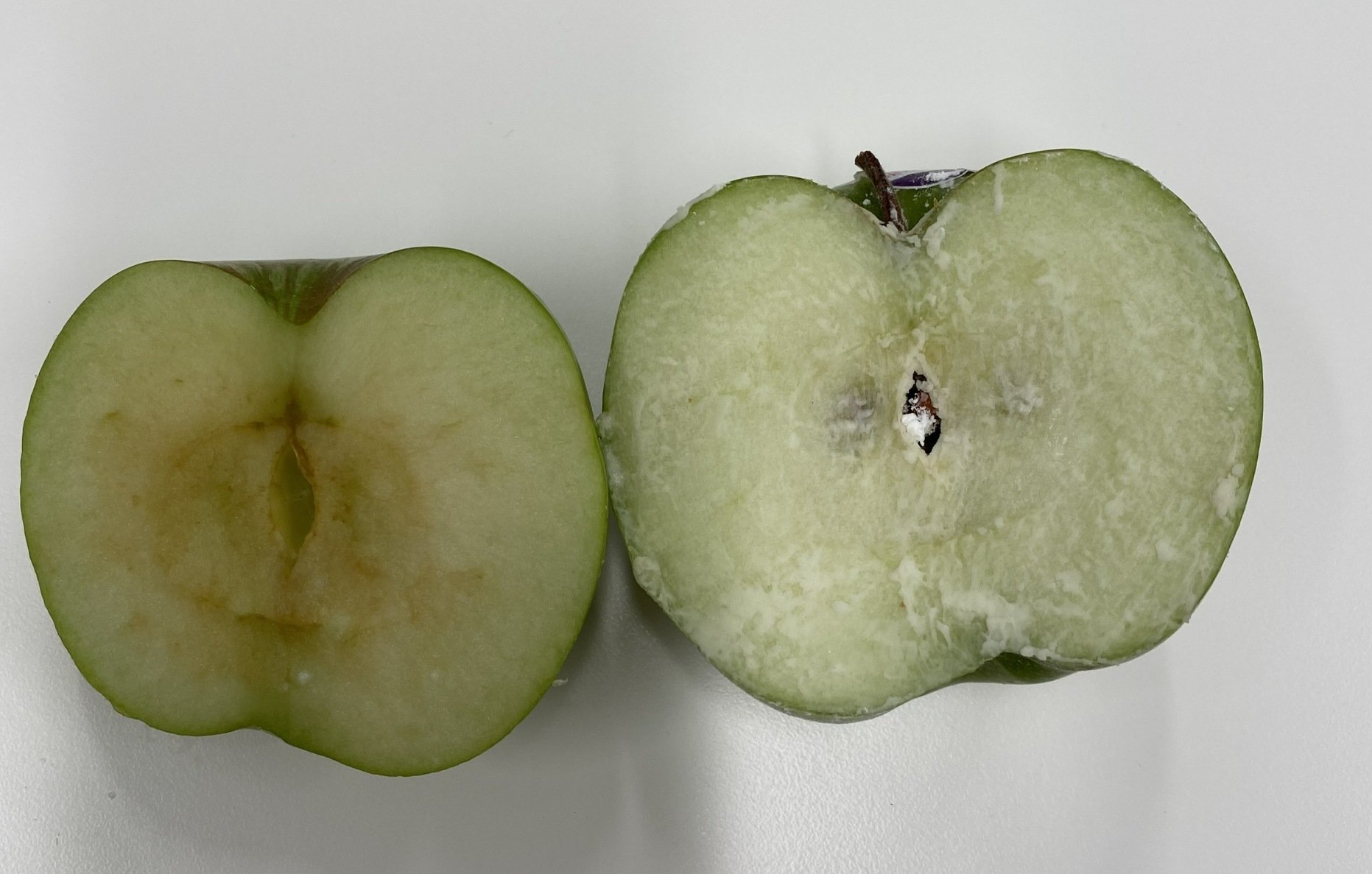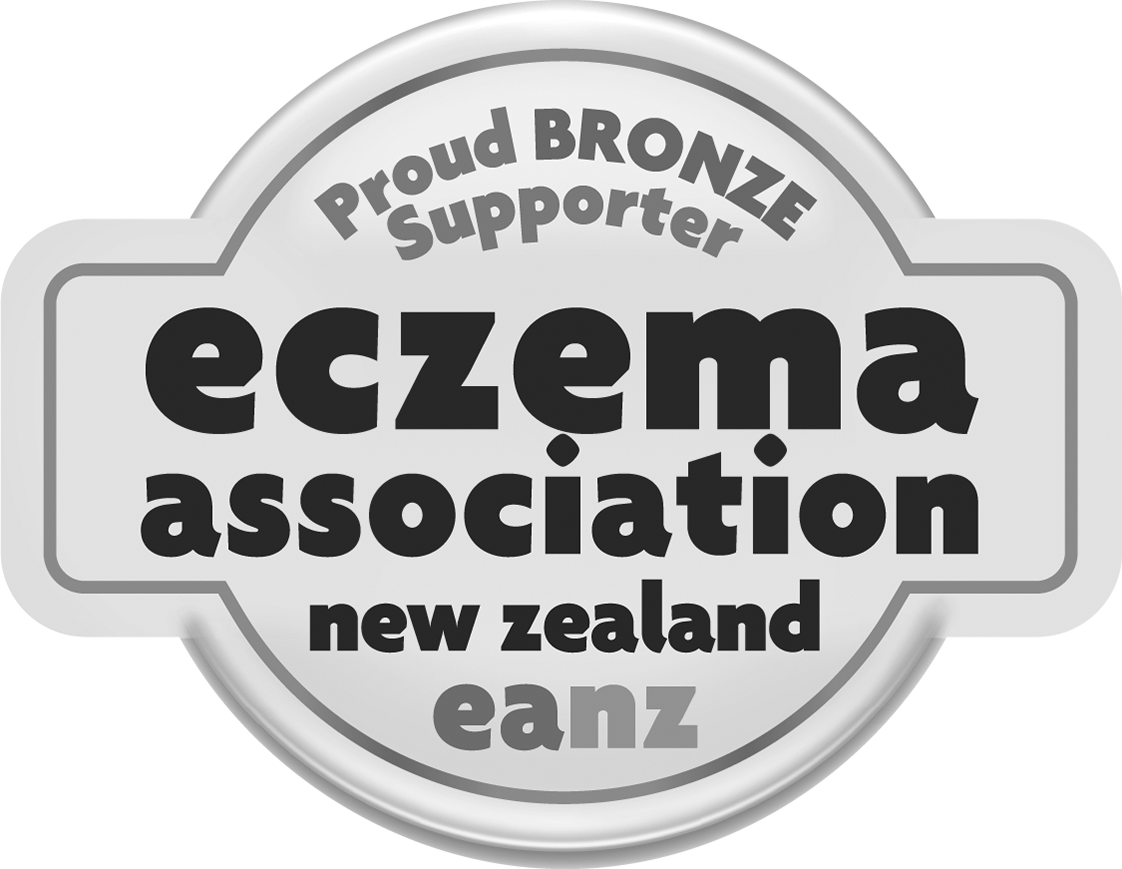What is Oxidative Stress?
Why does an apple turn brown?
This is because vitamin C is an antioxidant that reacts with the very reactive oxygen-centred radicals, turning them into less reactive species. Hence, this reduces the amount of oxidative damage to the apple flesh. This is why the apple in the vitamin C solution does not turn brown and remains fresh looking.
Oxidative stress is something that can harm your skin, leading to the appearance of wrinkles, brown spots and inflammation. If you’re still unclear about how oxidative stress can affect your skin, I’ve got a great experiment that will show you exactly what it does. I’ll also share my expert skincare advice for preventing its negative impacts.
What is Oxidative Stress?
Most scientists agree that one of the primary reasons we age is because unstable electrons in molecules (called free radicals) attack healthy cells and change their composition. This then causes the cells to no longer function the way normal, younger cells do. Simply put, we age due to changed cells. This occurs 24 hours a day, 7 days a week.
Molecular biologists have identified three families of free radicals:
Reactive Oxygen Species (ROS)
Reactive Carbonyl Species (RCS)
Reactive Nitrogen Species (RNS)
How Do Free Radicals Affect the Skin?
Not all free radicals are created equal, and some affect the skin more than others.
ROS
The most damaging of these three free radicals is the Reactive Oxygen Species (ROS). We are exposed to ROS from the air we breathe (oxygen), cigarette smoke, UV sunlight, stress, and smog. ROS causes oxidative stress by attacking all areas of cells, mutating DNA, and destroying the skin’s moisture barrier. It also damages the dermis layer of the skin, causes inflammation, and gives the skin wrinkles, brown spots, and a rough texture.
Topically applying skincare products that are formulated with antioxidants (along with eating fruits and vegetables that are high in antioxidants) can dramatically lessen this oxidative damage.
RCS
Reactive Carbonyl Species (RCS) is a carbon-based radical resulting from alcohol consumption and eating simple carbohydrates such as sugar, white flour, white rice, and pasta. These cause what is known as glycation, where a sugar-like coating forms over the skin’s proteins. This makes them hard and inflexible, resulting in loss of tone (sagging) as wells as deep wrinkles and fine lines.
RNS
Reactive Nitrogen Species (RNS) is a nitrogen-based radical found mainly in the environment. Common sources are parks, woods, farmlands, and gardens. RNS is given off by nitrogen-rich soil, like fertilizers, car exhaust, and the “exhalations” made by trees. These are change proteins in the skin, increasing inflammation and triggering cell death.
The Result:
As you can see there is a significant difference between the untreated side of the apple and the treated side of the apple. This shows how topical vitamin C can provide protection for the skin and may interfere with the natural oxidative processes that cause melanin to form. It demonstrates how vitamin C can slow down the visible appearance of skin damage that occurs from both inside and out. Pure & potent Phi Cosmeceutical’s C Boost protects your skin from free radical damage using the most powerful antioxidant benefit of fresh vitamin C. This pure L- Ascorbic Acid offers daily exfoliation and antioxidant benefits. Making C-Boost an absolute daily must have for all skin types.






